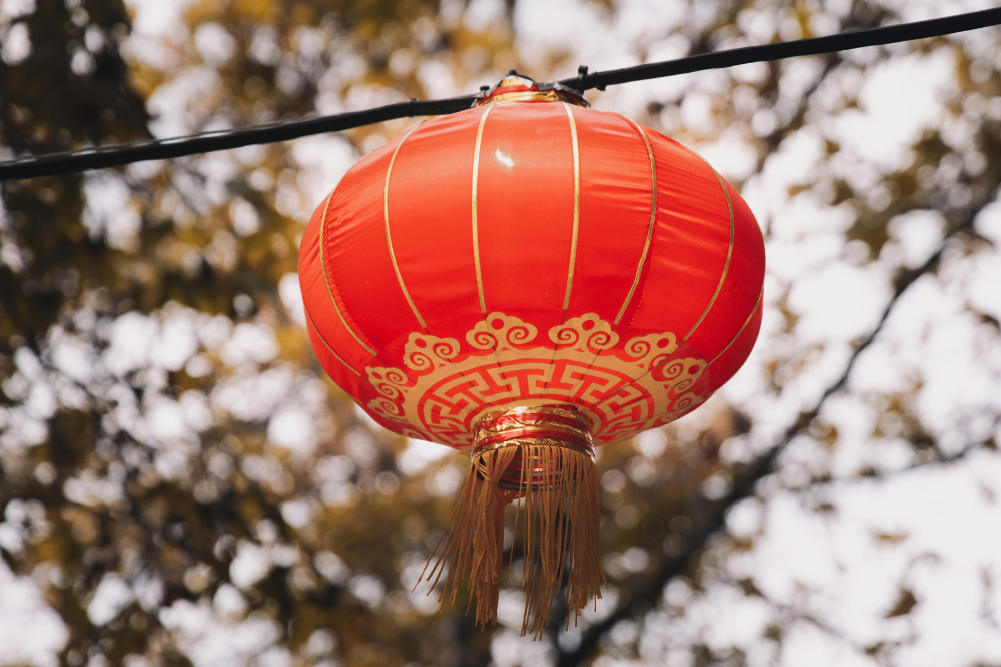Blooming: a journey to body-acceptance
Those who have experienced body dysmorphia or disordered eating may relate to feeling utterly consumed to fix what you believe to be wrong with yourself. You may have developed hypervigilance too, constantly monitoring your reflection to seek out any perceivable imperfection.
You might constantly be hyper-aware of threats which could limit your adherence to new diets and regimes. And trapped in a self-centred world, you may believe others must judge you just as you judge yourself: a defective, unacceptable, imperfect creature. This all-consuming way of being is like a leech in all areas of your life, all the while casting a dark cloud over your world.
My eating disorder began at the age of nine, following a period of abuse and religious shaming. I unintentionally began to starve myself by throwing away school lunches and eating like a sparrow at home. My feelings of sadness and overwhelming emptiness were the catalyst of my behaviour.
Growing up in a large family meant my parents cast their attention on my louder and troublesome older brothers, so I was able to get away with my behaviour for a while. But suddenly, I was diagnosed with anorexia when I was nine years old.
Over the next few years, I lived in a constant state of anxiety and dissociation. There lingered a constant feeling of wrongness and I was led to isolate myself from fear of anyone seeing the real me. By the time puberty arrived, I experienced an all too familiar occurrence many have faced: my well-meaning parent said I had gained weight.
After turning 13, I started my first extreme diet. I eliminated fats and reduced my daily calorie intake but I was obsessed with perfection and I lost a lot of weight. People were commenting. Then came the food fixation, and the food controlled my life.
I was 15 years old when the school counsellor decided I needed psychological help. I began talk therapy and soon realised I was suffering the effects of trauma.
I stopped extreme dieting, but it was still a secret that I wanted to control my weight.
When I was anxious, I threw up to control my weight. If it didn’t come easily, I would force it. I became obsessed with throwing up after meals.
I didn’t tell any loved ones about my battle with anorexia and bulimia because I was ashamed they would see how defective I was. But despite my gruelling effort, I couldn’t control my weight. In my mind, I was a failure and I was terrified someone would make me stop. That turned out to be my biggest fear — losing control. I was isolated and believed I was unable to authentically connect with those around me.
When I began work experience with my local health food store, I couldn’t wait to have access to diet foods. Then they offered me a job, my first job, and I was pushed on the path to true healing.
At work, I discovered the use of herbal and nutritional support that gave me relief from IBS, depression and anxiety. I decided to study naturopathy to learn more about holistic health. As I began to understand the body, mind and spirit connection, I also gleaned how twisted my view of health was.
I put a stop to bulimia when I was 20, after learning about the detrimental effects it has on the gastrointestinal system. But I only adopted a slightly less sinister form of extremism, a condition referred to as orthorexia. Orthorexia is the extreme desire to just eat healthy food; it was driven by my overarching desire to look perfect. I continued to struggle with my weight and I was treating food and exercise as a disciplined regime.
As I look through the lens of a naturopath, I know why I didn’t experience my first menstrual cycle until the age of 21. When the body is in starvation, fertility is out of the question.
A pivotal experience occurred for me when I was 22. I attended a yin yoga class for the first time without realising what I was getting into. I left the class having experienced the deepest sense of relaxation as far as I could remember. It felt like medicine. I made this class a weekly tradition while reducing my habitual high-intensity training.
From this sense of calm and ease came a reduced fixation on my weight. For the first time, I started to value how I felt inside compared to what I looked like on the outside. And I began to allow a little more kindness and softness into my life. Then suddenly, I was the healthiest weight I had been in years.
From this point forward, I would be lying if I said I still didn’t battle with feelings of inadequacy, but with the help of meditation, personal development and self-awareness I developed a healthier relationship with myself. Then came a dramatic turning point and radical shift in perspective when I was 24. My eldest brother had been fighting a nearly lifelong battle with kidney disease and I was fortunate to be in a state of health to become his kidney donor.
By giving this gift to my brother I was returned the most significant gift of all: my body. I truly cherished my body for its capability and felt massive grief and understanding over how I treated myself for many years. Watching my brother’s health transform thanks to a part of my body was indescribable.
Afterwards, I developed a relationship with health built on gratitude, love and kindness for my remarkable and resilient body. I was reminded my body requires nourishment and is susceptible to damage. Health is extremely precious to me and I am beyond grateful for it.
Now, in moments when I feel imperfect and unlovable, I remind myself of my resilient nature and spirit through overcoming my past. And in times when I feel overwhelmed by emotion, I remind myself of the hurting, vulnerable child within me. I genuinely ask her what she needs.
My journey is still ongoing, but I now know the mental suffering other people experience, too. I gain reward when guiding clients to achieve more self-acceptance and sustainable, healthy behaviours.








